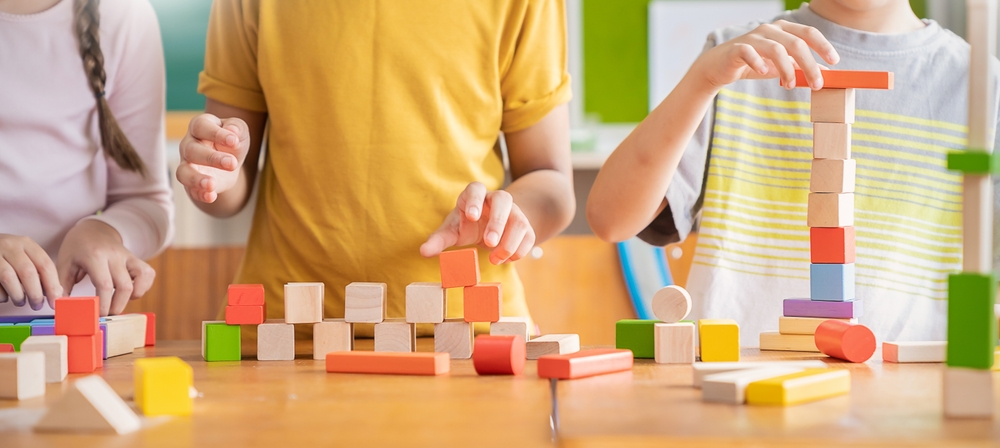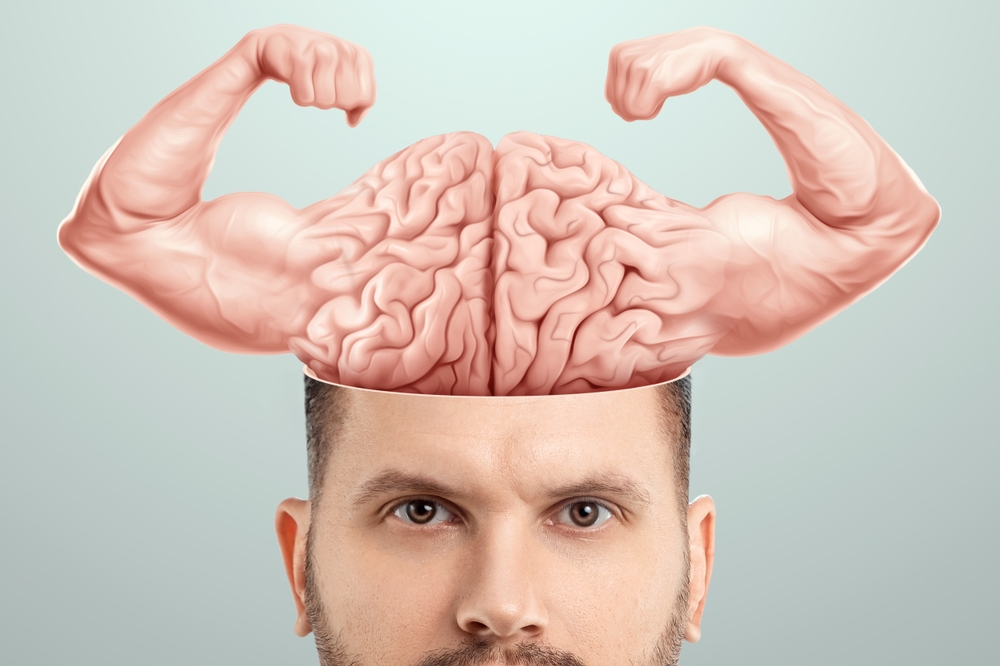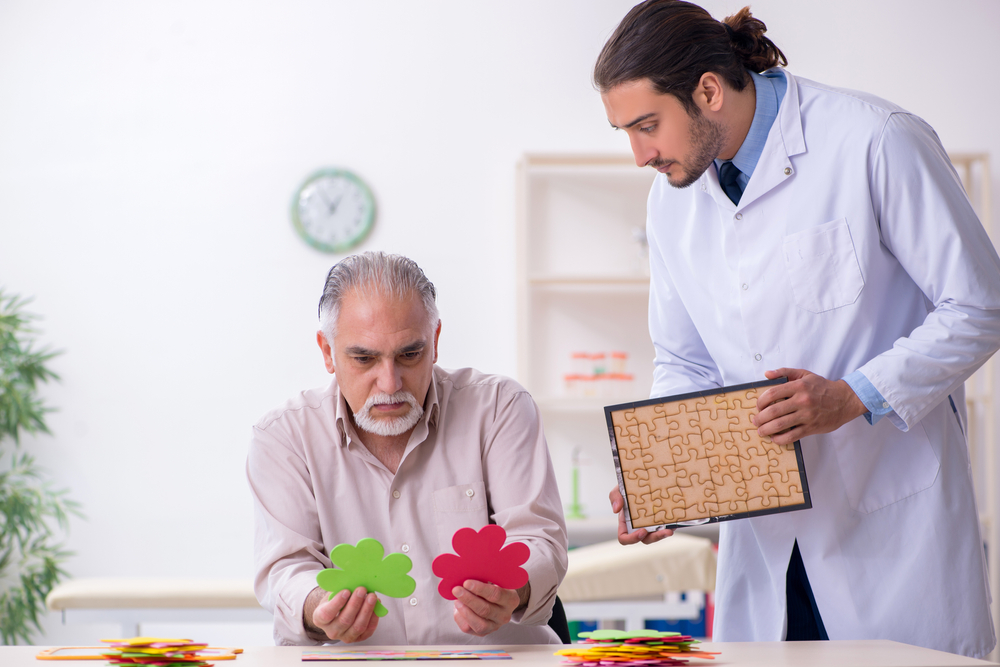Keep Your Brain Sharp Throughout Life
Others are reading now
The brain is one of the body’s most vital organs, and just like the rest of the body, it needs regular training to stay strong.
Mental challenges, social interactions, and healthy habits can help prevent memory problems and enhance cognitive functions.
Regardless of age, it is possible to keep your brain in top shape by stimulating it in different ways.
Research shows that an active brain can reduce the risk of dementia and other age-related cognitive challenges.
Also read
Throughout life, there are various ways to train the brain – from play in childhood to strategic games and new learning opportunities in old age.
This article will guide you on how to keep your brain sharp at every stage of life.
Why Is It Important to Stay Mentally Active?

Staying mentally active is essential for maintaining a sharp memory, strong concentration, and quick problem-solving skills.
The brain functions like a muscle that must be exercised regularly to remain strong and flexible.
Stimulation through learning, social connections, and new challenges can slow down age-related cognitive decline and reduce the risk of dementia.
What Problems Can Arise If the Brain Is Not Exercised?

If the brain is not challenged, issues such as weakened memory, difficulty concentrating, and reduced ability to solve complex tasks can arise.
Many people also experience mental fatigue and a decreased ability to adapt to new situations.
Without cognitive stimulation, the brain becomes less resilient to stress and illness.
What Are the Benefits of Keeping the Brain Active?

Keeping the brain engaged strengthens the ability to learn new things, maintain a sharp memory, and improve mental flexibility.
An active brain also contributes to increased joy, greater independence, and a stronger sense of purpose.
Additionally, a mentally active lifestyle can help prevent neurodegenerative diseases and improve overall quality of life.
0 – 9 Years

Play is an essential part of brain development in childhood.
Puzzles and building toys enhance logical thinking and problem-solving skills, while creative activities stimulate imagination and fine motor skills.
A varied and engaging play environment provides a solid foundation for lifelong learning.
10 – 17 Years

Schoolwork develops concentration and analytical skills, strengthening the brain.
Social interactions, such as friendships and teamwork, are crucial for empathy, communication, and problem-solving.
Balancing school and leisure helps establish healthy mental habits.
18 – 25 Years

Higher education sharpens critical thinking and the ability to absorb new information.
Traveling exposes the brain to new cultures and perspectives, stimulating creativity and adaptability.
Challenging oneself in new environments enhances problem-solving and flexibility.
26 – 35 Years

Mental flexibility can be trained through multitasking and complex work tasks that require quick decision-making.
Taking breaks from screens with digital detox periods reduces mental fatigue and improves focus.
A mix of demanding and relaxing activities supports a healthy cognitive balance.
36 – 45 Years

Regular exercise improves blood circulation to the brain and reduces the risk of cognitive disorders.
A healthy diet rich in omega-3 fatty acids, antioxidants, and vitamins strengthens memory and concentration.
Learning new skills or further education keeps the brain active and flexible.
46 – 55 Years

Diving into new topics, such as learning a new language or starting a hobby, strengthens brain plasticity.
A varied diet with brain-boosting nutrients like B vitamins and omega-3 supports cognitive function.
The combination of mental challenges and a healthy lifestyle helps maintain a sharp memory.
56 – 65 Years

Activities such as reading, chess, and sudoku stimulate the brain and help prevent cognitive decline.
Social activities like volunteering and spending time with family enhance both memory and a sense of connection.
Continuing to learn new skills keeps the brain engaged and active.
65+ Years

Mental challenges like book clubs, chess, and creative crafts help keep the brain sharp.
Memory training through storytelling, journaling, or learning a new language strengthens the brain’s ability to retain and recall information.
An active and engaged lifestyle helps preserve cognitive functions for longer.


